If you want to create healthier habits for yourself and your loved ones, it might be a good time to switch to organic foods. The benefits of this diet are numerous, and with the global expansion of the market, organic food has become readily available to all.
Ask yourself — what kind of food do I actually eat, and how is this food produced? You may not like the answer, but there is one simple solution to this problem — organic food. This type of diet may not look as appealing as GMO, but trust us when we say, it tastes the same, and it is not bad for your health.
Who Are the Leading Manufacturers of Organic Food?
If we look at the bigger picture of organic food production, the leading place belongs to Australia where organic farms occupy an area of 35.9 million ha, followed by Europe with 14.8 million ha, South America with 8 million ha, Asia with 6.1 million ha, North America with 3.2 million ha, and finally Africa with 2.1 million ha.
However, India has the most considerable number of registered organic producers – a whopping 835,000. Sounds like a big number? The organic industry is expanding every year and is expected to generate over $60 billion usd by the end of this year (2022).
The reason for this rapid growth is that more and more people in different countries are opting for this type of food.
If we look at the 2016 American market, we can see that organic food has reached a staggering $38.9 billion in organic food retail sales. These numbers are showing that the production (and consumption) of organic products is on the rise, which is actually great news!
What About the Consumers?
Many people are living a fast-paced lifestyle, and this means that they spend much time planning their meals or doing workouts. This type of unhealthy eating regime can have a detrimental effect on our health.
According to stats, 57% of children are well on their way to being obese due to the consumption of unhealthy foods and foods that contain empty calories.
Fortunately, this trend is declining as 51% of parents opt for healthier foods, and they are even willing to pay 3-4% more for organic food to create healthier eating habits for their young ones.
An increasing number of people are becoming aware of the hazardous effects of food additives and supplements that may cause numerous health disorders. According to a survey conducted in France, about 70,000 people who consumed organic foods had 25% fewer cancer diagnosis than the ones who consumed conventional food.
Considering these facts, organic food consumption is expected to increase in the coming years.
Quality-Price Ratio
The production of organic food requires compliance with certain regulations that vary from country to country. Organic food refers to foods that are not genetically modified, not treated with pesticides and growth factors, and that are grown on land that doesn’t contain chemical substances such as artificial fertilizers.
You must have wondered how organic production manages to sustain itself. The secret is in prevention. Organic producers put a lot of time, resources, and effort to create the end product we find in the markets. That reflects a lot on the price. Organic food is 7.5% more expensive on average than non-organic.
The reason for this is that, despite the thorough preventative measures, organic food is more affected by various diseases and pollutants. That said, producers could lose their entire annual organic food production and end up losing substantial amounts of money.
That said, organic food is more expensive than conventional. However, if you decided to go organic, there are ways you can buy this type of food at a more affordable price. Here’s how:
- buy directly from the manufacturer
- compare prices
- buy seasonal food
- obtain membership in a community-supported agricultural farm or CSA.
Bottom Line
All of this considered, conventional food may not be a cheaper option than organic food. Why? Because good health is invaluable. So if it means that we must spend a couple of extra bucks to get rid of lousy eating habits, we’d say, go for it! For the Silo, Tarun Reddy.
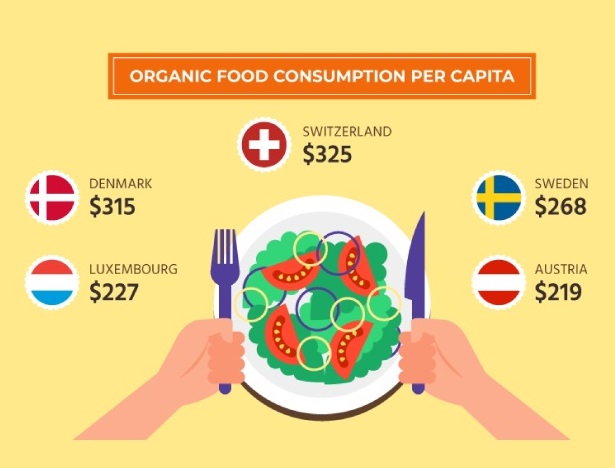
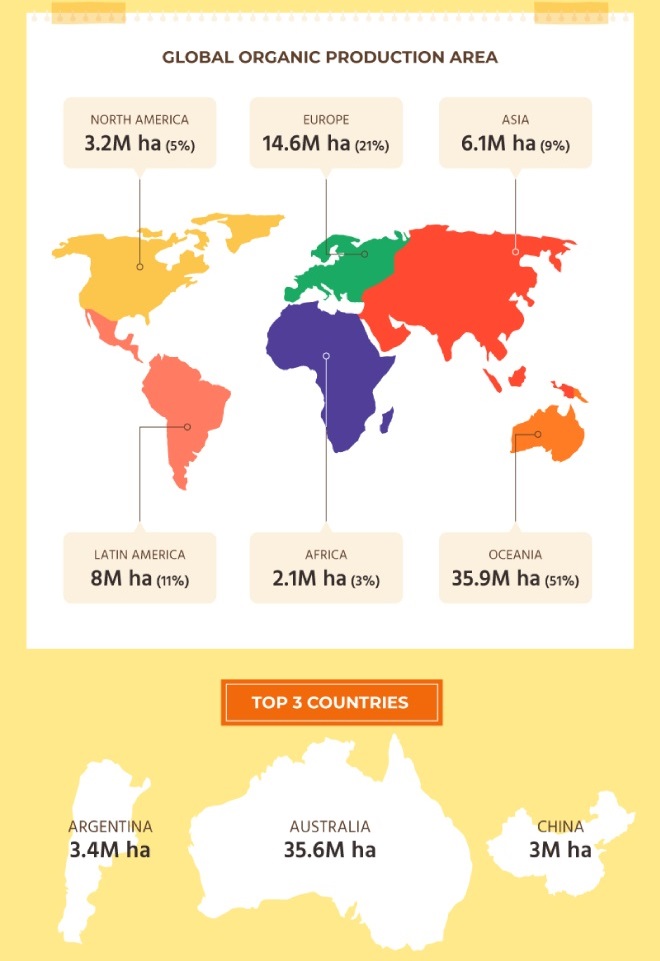
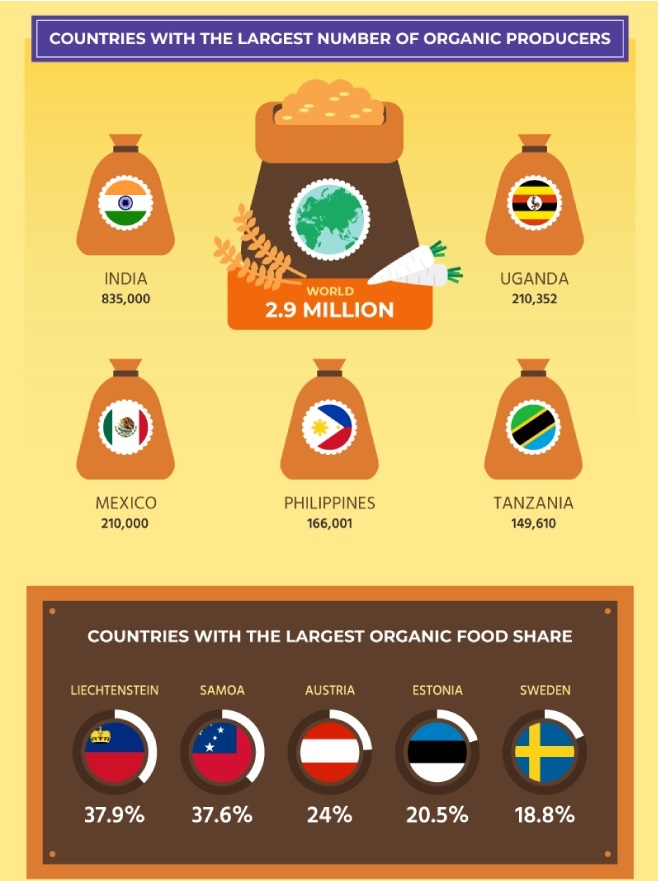
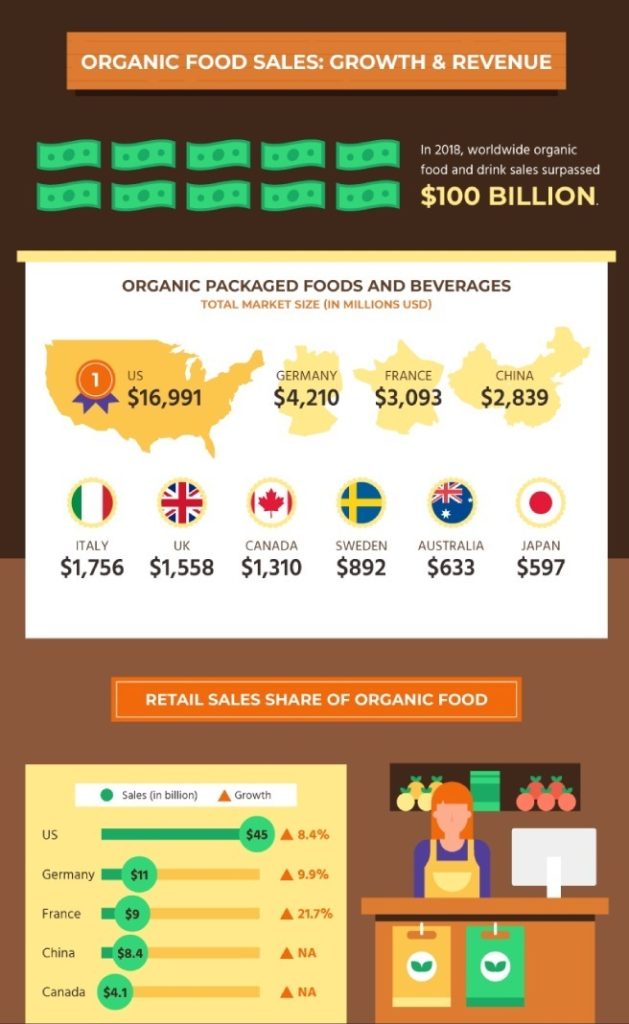
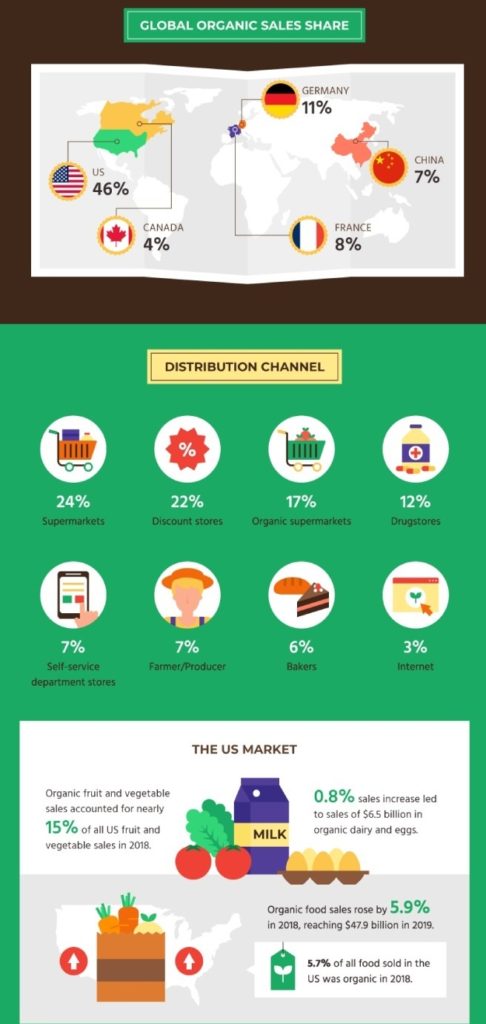
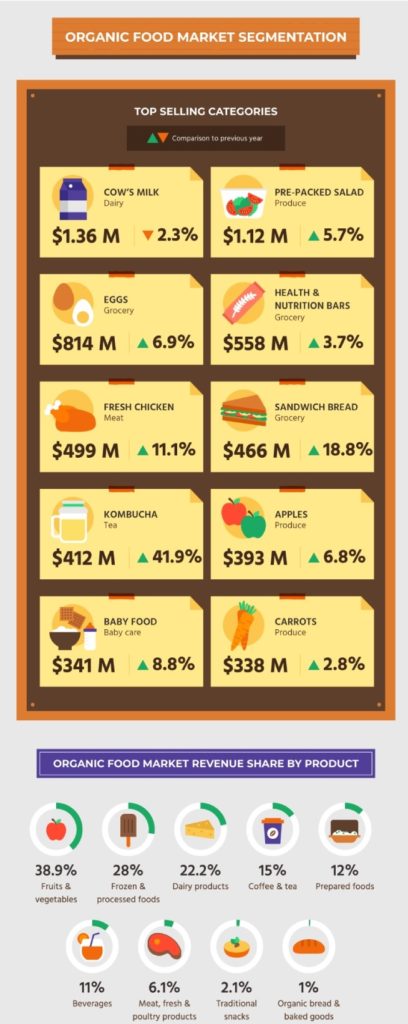
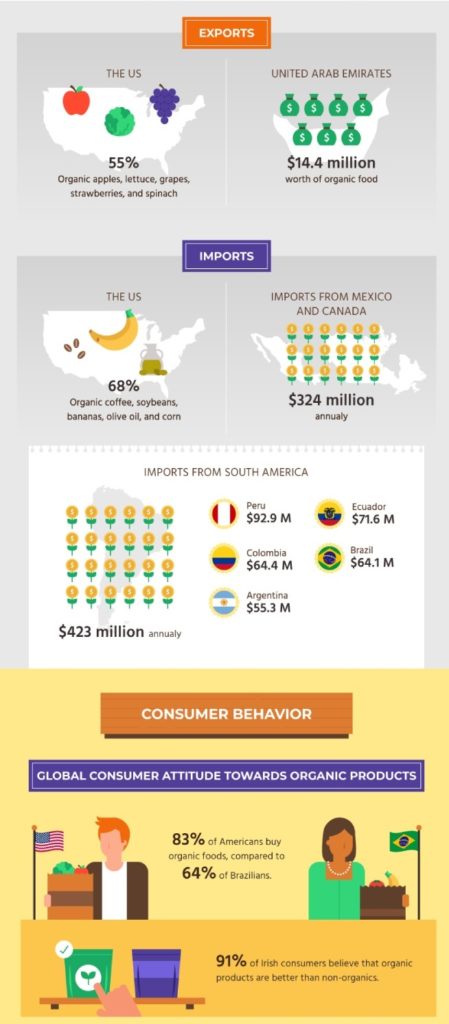
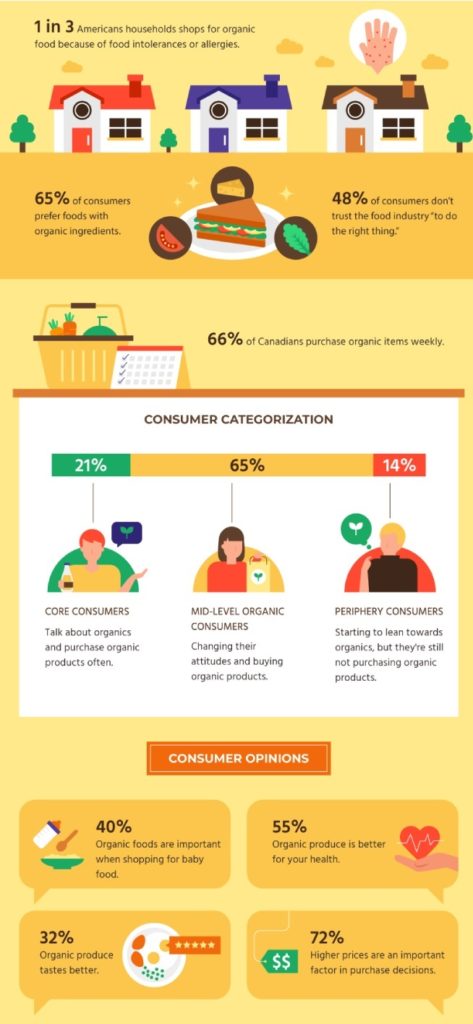
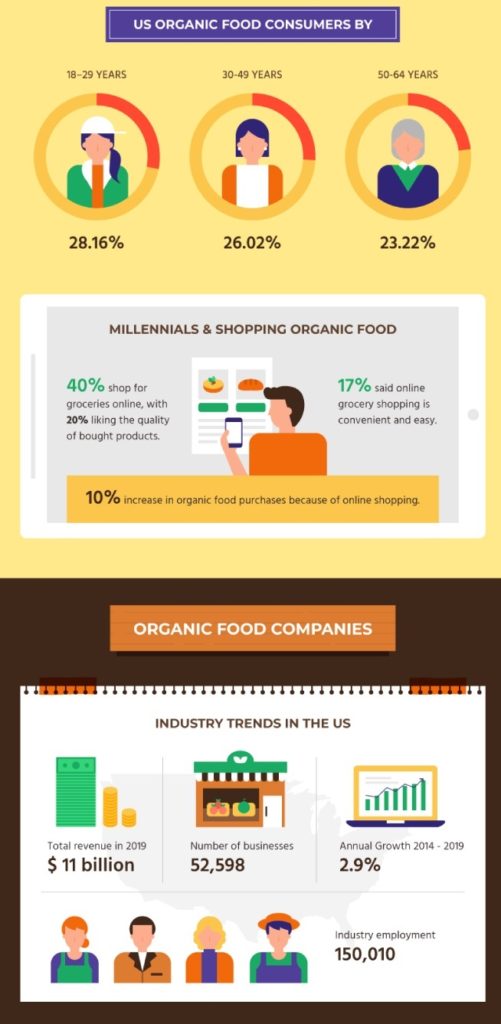
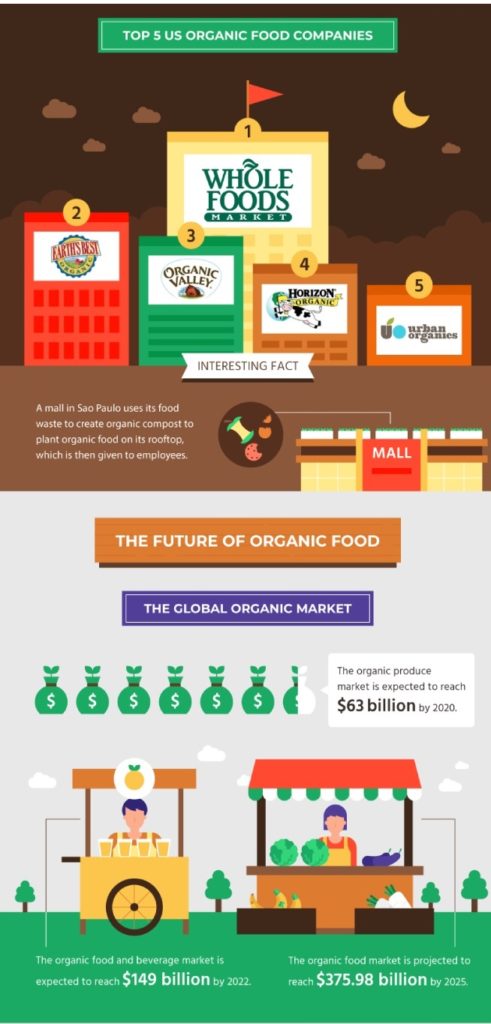
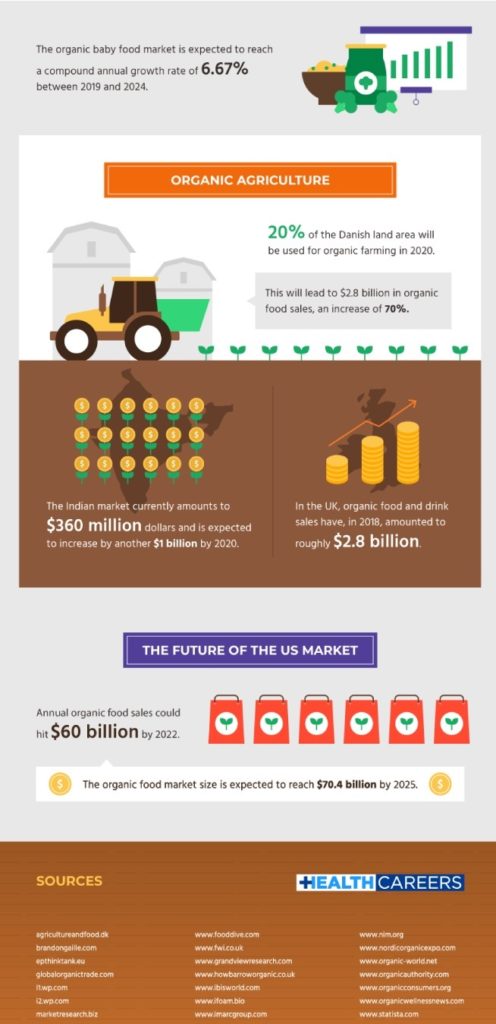

There as definately a lot to find out about this subject. I love all of the points you ave made. Ulrica Kyle Kassab
UPDATE——-Ontario protecting agri-food workers and food supply chain
Comprehensive new strategy designed to prevent spread of COVID-19
QUEEN’S PARK – The Ontario government has launched a comprehensive strategy to
prevent COVID-19 transmission and protect farm workers. Toby Barrett ,MPP and
Parliamentary Assistant to the Minister of Agriculture, said this strategy will
safeguard our food supply chain. Announced earlier today by Ernie Hardeman, Minister
of Agriculture, Food and Rural Affairs, it was developed in partnership with the
agri-food industry.
“Our government understands the impact COVID-19 outbreaks have had on farm workers,
farms, greenhouses and agri-businesses,” said Minister Hardeman. “Ontario’s
agri-food sector has worked hard to address a difficult situation and our new
strategy will help them to be even more effective in controlling this pandemic,
protect our food supply chain and keep workers safe.”
“I welcome this plan to control the pandemic, protect our food supply chain and keep
workers safe, “said Parliamentary Assistant Barrett. “I should also reiterate that
farming in Norfolk County operates under a restriction found nowhere else in North
America. That restriction is Section 22, which limits three workers to a bunkhouse
and competitively hobbles Norfolk farmers as they deal with the ongoing stressors of
COVID-19.”
Earlier this summer, Minister Hardeman established a sector leadership group
composed of representatives from the agricultural industry, Ministry of Agriculture,
Food and Rural Affairs, Ministry of Health and Ministry of Labour, Training and
Skills Development to establish best practices and actions for the prevention and
control of COVID-19 transmission in the agriculture and horticulture sector,
particularly on farms. Immediate actions were taken by the leadership group to
advise on best practices to reduce the spread of COVID-19 on farms while a more
comprehensive strategy was developed for the 2021 growing season.
The resulting joint government-industry Prevention, Control and Outbreak Support
Strategy for COVID-19 in Ontario’s Farm Workers, provides guiding principles and
actions on how to ensure enhanced prevention and control on farm operations, farm
worker safety and wellness, and maintaining the sustainability and viability of the
agri-food sector.
The strategy is founded on three pillars related to prevention and containment:
before getting on the farm; on the farm; and farm worker housing. It contains 35
actions and recognizes that all partners — governments at all levels, stakeholder
organizations, farmers and workers — have a role to play in preventing and
controlling COVID-19 outbreaks on farms.
The strategy will support a sustained effort and longer-term planning to ensure
Ontario has the tools needed to protect workers and prevent outbreaks in agri-food
workplaces going forward. Partners have already started implementing many of the
actions in the strategy.
“One of agriculture’s most valuable assets is our workforce,” said Keith Currie,
President of the Ontario Federation of Agriculture. “We respect and appreciate the
efforts of the government, industry stakeholders and farm employers to protect the
health and safety of our workers. It is our top priority, and by taking the proper
steps to reduce the risk of COVID-19 on farms, the agri-food sector can focus on
maintaining a strong and reliable food value chain for all Ontarians.”
“The health and safety of farm workers is top priority for fruit and vegetable
growers,” said Bill George, Chair of the Ontario Fruit and Vegetable Growers’
Association. “Since the beginning of the pandemic, growers have made substantial
efforts to adapt their farms to protect workers from the risks presented by
COVID-19. This strategy, and the commitment by the government and industry to work
together, further supports the efforts of growers to protect essential farm workers
and maintain domestic food production.”
“Ontario’s Prevention, Control and Outbreak Support Strategy for COVID-19 in
Ontario’s Farm Workers demonstrates the power of collaboration between industry and
government,” said George Gilvesy, Chair of the Ontario Greenhouse Growers’
Association. “The challenges of the COVID-19 pandemic have required extraordinary
efforts from everyone in government and across our sector — today’s announcement is
a further demonstration that we are all rising to this challenge. We remain united
in our unbreakable obligation to protect the health and well-being of our employees
and appreciate the ongoing partnership with the Minister of Agriculture, Food and
Rural Affairs, the continued support of the Ministry and the commitment of our
members.”
Minister Hardeman also recognized the proactive work that farmers and food
processors across Ontario have undertaken to date implementing prevention and
control measures in the workplace to protect their workers. These efforts help
reduce the risks of COVID-19 transmission.
This announcement follows up on previous actions to control outbreaks including:
* A “one stop shop” toolkit for farmers on guidance, resources and information
related to prevention, control, testing and outbreak management supports
* Proactive testing for farm workers
* $26.6 million in funding to support on-farm health and safety measures through
the Agri-food Workplace Protection program
* $25.5 million in funding over three years to help minimize COVID‑19 exposure
risks in the workplace and support the province’s food supply chain through the
Agri-food Prevention and Control Innovation Program
* Supporting initiatives to sustain Ontario’s agri-food supply chain and helping
to ensure it is responsive to challenges like the COVID‑19 pandemic, as well as
weather and market fluctuations.
* Proactive inspections to farming operations
* Improving data sharing between Ontario and its partners to better understand
the spread of COVID-19 in affected communities
QUICK FACTS
* The Sector Leadership Group on COVID-19 is comprised of Ontario Fruit and
Vegetable Growers’ Association, Ontario Apple Growers, Ontario Greenhouse
Vegetable Growers, Grape Growers of Ontario, Ontario Processing Vegetable Growers,
Ontario Tender Fruit Growers, Holland Marsh Growers, Flowers Canada Ontario, Food
and Beverage Ontario, Christian Farmers Federation of Ontario, Ontario Federation
of Agriculture, Ministry of Agriculture, Food and Rural Affairs, Ministry of
Health, Ministry of Labour, Training and Skills Development, Ministry of the
Solicitor General and Infrastructure Ontario.
* Toby Barrett Parliamentary Assistant to the Minister of Agriculture, is an
elected representative, and Secretary, on the board of SARL: State Ag & Rural
Leaders.